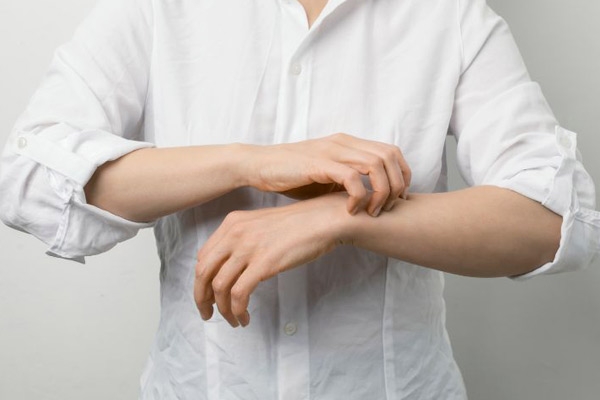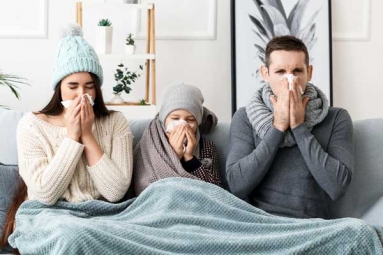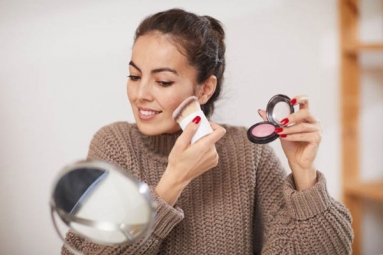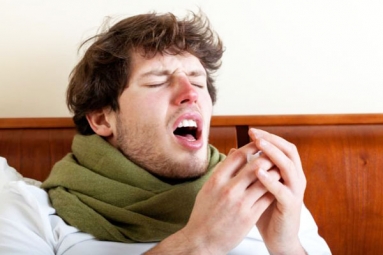
(Image source from: Canva.com)
The monsoon season can be difficult for people prone to infections and allergies. This is the time of year when people get sick due to the rapidly changing weather conditions. High humidity provides a suitable environment for bacteria and fungi and leads to several infections. From pink eye to conjunctivitis to fungal infections, eye infections are very common during the monsoon season. Skin allergies also increase rapidly during this time. Allergies are very common, including dermatitis, ringworm, dry skin and scabies. Scabies is a skin allergy characterized by severe itching and rashes. It is a parasitic infection caused by mites that burrow into the skin and lay eggs. If not treated promptly, scabies can lead to various health complications, including sepsis, heart disease and kidney problems.
Pay attention to personal hygiene: Regular bathing with hot water and milk soap will help you stay clean. After getting wet in the rain, you should wash and dry it immediately. You should avoid sharing personal items such as towels, clothing and bedding with others.
Clothing and Bedding Care: After use, clothing, bedding and towels should be washed in hot water and dried in a hot dryer. We have to change bed linen and clothes regularly.
Cleaning the area: The living area should be vacuumed regularly, especially carpets, upholstery and mattresses. You should also clean and disinfect frequently touched surfaces to reduce the risk of dust mites spreading.
Avoid close contact: Physical contact with infected people should be limited until the infected person has completed treatment.
Use scabies medication: Consult your doctor about the right scabies treatment. Usually topical creams or oral medications are used. Strictly follow the prescribed treatment plan to completely get rid of ticks.
Treat the whole family: Even if only one person is showing symptoms, it's a good idea to treat the whole family to prevent the spread of scabies. Be sure to examine and treat your pet as well, as they may also have ticks.
Symptom Treatment: To relieve itching, use soothing lotions such as calamine or antihistamines as recommended by your doctor. Avoid scratching as this can lead to a secondary infection.
Seek medical advice: If symptoms persist or worsen, see a dermatologist for professional treatment.






















